|
This contest welcomes published
and unpublished work. Your poem may have up to 250 lines. One poem
only, please. Submit online via Submittable.
Thanks to everyone who entered
our 15th annual Wergle Flomp Humor Poetry Contest. 4,834 contestants
made us laugh, cringe, scratch our heads, and look over our shoulders
for an angry deity with a lightning bolt. We tried to give equal
offense to all belief systems and genders, but not kick anyone when
they were down. The best of the worst are now online for your
enjoyment.
First-round screener Lauren
Singer took time out from her important work of providing mental health
services in the Pioneer Valley and managing the 2016 campaign of Hillary
Kitten & Floor Potato. She passed a shortlist of about
75 poems to final judge Jendi Reiter.
Lauren shares some impressions
of this year's entries:
"As is the case with every
year that I have had the privilege of judging for Wergle Flomp, it is
hard to read through 5,000 poems and not notice some ongoing themes.
Take 2014, for example, where I managed to tally-up well over two
hundred poems centered just around squirrels! What was that about? It
seems that given the times, the trends, and the political climate of our
current world, we would be hard-pressed to not overlap our ideas from
time to time. After all, that platitude about innovation exists for a
reason: 'If you've thought it, it already exists on the Internet.'
Wergle Flomp is a testament to that.
"While we had the typical
poems ranging from zombie take-overs to dystopian apocalypse, lowbrow
digs at ex-partners, sneering sarcastic quips at the expense of
millennials, and my ever-favorite litanies against aging, the
over-arching motif of Wergle Flomp 2016 was...wait for it...our
upcoming American election! Given the constant media frenzy overflowing
from every possible outlet, it's no wonder we had so many entries
related to Hillary's pantsuits and Trump's tiny hands; tongue-in-cheek
references to lesser evils and Hitler-like comparisons. But what was
most lacking from the majority of these poems was, more often than not,
wit and originality.
"Yes, yes we know. It is
the job of our public to make mockery of politicians, to caricature
those that take themselves too seriously, but honestly? If I never have
to read one more poem about Trump's comb-over or Hillary's email
scandal, it won't be too soon. The real problems here were not the
reference to the topical—of course those come up, how could they
not?—but the fact that attempts at parody, political discourse, and
satire often turned into a cliché summary of everything we already know
about our most revered (or despised) current candidates. Instead of
observational narrative on every stereotype already documented, why not
an elaboration or an inventive 'what-if' format? Our political poems
this year were hyperbolic and fantastical, yes, much like our
candidates themselves. But we missed out on opportunities for real
novel creativity on most accounts.
"Lastly, lackluster poetry
usually has something in common: either it's too long or it's too
short. If your poem starts really strong and then just seems to end
mid-stanza without packing a one-two punch, it’s going to leave your
reader feeling disappointed. No cigarette after that tryst, you know?
On the other hand, if your poem has been rattling on for eight pages
and you keep continue to feed us the punch-line with the assumption
that your audience hasn't already figured out your intention a thousand
words ago, you're going to bore your reader. There's nothing worse than
tuning out of a piece half-way through, especially when it started out
with good potential. So make sure these babies are edited, polished,
and perfected."
Our 2016
Winners
Parallels were the order of the
day in this year's list. S. Michael Wilson's first-prize poem "Dick
Candles", a riff on a suggestive novelty gift, finds
its distaff-side partner in runner-up Christina Myers's "Tampon
Bullet, Direct Hit", a compendium of comically
humiliating anecdotes, while Laura Docter's rhyming saga "Once
Upon a Vagina" brings male and female parts together
for a romantic rebellion against purity culture. Debra McQueen's "Bad
Buddha", about a meditation student who "is
Buddhist like a Mafioso is Catholic", shares the sacrilegious
stage with Michael Forrester's "Gomorrah's
Sins", a tour de force of double-entendres about a
vicar and his favorite organ player.
Bearing the sole prize for
parody this year on his heroic shoulders, George Northrup's "Ulysses
of Astoria" shovels his driveway while channeling the
spirit of Alfred, Lord Tennyson. Finally, Ralph Gagliardo treats us to
some old-fashioned groaners about Dracula and friends playing "Poker
After Dark". Don't raise the stake! (Ba-dum-bum.)
"Dick
Candles" surged ahead of our other favorites because it
didn't stop with the initial joke premise, but creatively expanded on
it, at just the right length. The humor builds as the speaker's
language becomes more florid and sensuous, moving from embarrassment to
excitement as he imagines different scenarios for making use of these
phallus-shaped illumination devices. Plus, we think it would be a great
sports-commentator name: "Reporting live from Super Bowl 50, it's
Dick Candles!"
"Tampon
Bullet, Direct Hit" was like a modern-day "I Love
Lucy" clips reel, with one after another cringe-making and
relatable social gaffes. From the feminine product projectile that hits
her junior-high crush in the chest, to losing her shirt in the car-wash
vacuum when a cute guy walks by, our heroine is still a winner as long
as she can laugh at herself.
All the Wergle Flomp winning
poems and judges' comments going back to 2002 are available for reading
in our website
archives.
|
|
 
|
Welcome to Our January Newsletter
In this issue: Edgar Allan Poe
was born on January 19, 1809. Please enjoy "Annabel Lee",
illustrated by Julian Peters. Coming in our February 15 newsletter: Winners
announced for our second North Street Book Prize.
|
|
Deadline: March 1
Judge: David Dodd Lee, Series Editor
The 42 Miles
Press Poetry Award was created in an effort to bring fresh
and original voices to the poetry reading public. The prize is offered
annually to any poet writing in English, including poets who have never
published a full-length book as well as poets who have published
several. New and Selected collections of poems are also welcome.
Manuscripts submitted for the
42 Miles Press Poetry Award should exhibit an awareness of the
contemporary "voice" in American poetry, an awareness of our
moment in time as poets. We are excited to receive poetry that is
experimental as well as work of a more formalist bent, as long as it
reflects a complexity and sophistication of thought and language.
Urgency, yes; melodrama, not so
much.
The winning poet will receive
$1,000, publication of his or her book, and 50 author copies. The
winner will also be invited to give a reading at Indiana University
South Bend as part of the release of the book. The final selection will
be made by the Series Editor. Current or former students or employees
of Indiana University South Bend, as well as friends of the Series
Editor, are not eligible for the prize.
Winners will be announced via
our website in the summer of 2017. We will also announce the winner in
major magazines such as Poets & Writers. The winning book will be
published in September 2018 and be available to purchase on SPD and
Amazon. Previous 42 Miles Press publications include books by
Allan Peterson, Betsy Andrews, Bill Rasmovicz, Carrie Oeding, Erica
Bernheim, Kimberly Lambright, Nate Pritts, Tracey Knapp, and Christine
Garren.
|
Our fiction & essay contest
final judge Judy Juanita's essay
collection De Facto
Feminism: Essays Straight Outta Oakland (Equidistance
Press, 2016) was favorably reviewed by Chris Stroffolino in Konch
Magazine, a journal of radical politics and culture,
produced by Ishmael and Tennessee Reed. Kirkus
Reviews also gave the book a positive write-up, saying
"her incisive comments on black life's contradictions make this
essay collection a winner."
|
Prize: $500, publication of a gorgeous chapbook and 50
copies
Deadline: January 31
Reading fee: $20
Submit: 16-24 pages of poetry
Electronic submissions preferred. Submit through https://graysonbooks.submittable.com
Please do not put any contact information on the manuscript; that goes
on the separate submission form.
Those preferring to mail their submissions can send them to:
Grayson Books
P.O. Box 270549
West Hartford, CT 06127
Include two cover sheets (one with contact information and one
anonymous), SASE for results only, and a check made out to Grayson
Books.
Simultaneous submissions are
permissible if we are notified immediately upon acceptance elsewhere.
This year's judge, Leslie
Ullman, is the author of four poetry collections and numerous reviews
and craft essays. Her most recent book is Progress on the Subject
of Immensity (University of New Mexico Press).
Please enjoy this poem from
last year's winning chapbook, Owling
by Jeredith Merrin.
The Maned Owl
(Jubula lettii: classified
[2013] as "Data Deficient" by the International Union for
Conservation of Nature)
About the maned owl
there is little to tell
because little is known.
It gets its leonine name
from bushy, face-framing
ear tufts. It lives
in Gambon, Cameroon,
Liberia, the Congo
(in what numbers we don't know),
in closed-canopy rainforest.
Its habits are secretive
and nocturnal. Presumably,
given heavy lumbering,
its survival's at risk.
About reproduction and diet,
information is scant.
Its call may be
(we're not sure)
a low, dove-like coo.
As is the case with
the wide coral reefs,
or with each creature's
closed-canopy mind,
or with almost anyone's
mother or father,
too little is known about them.
And then they're gone.
| |
|
|
Deadline: January 31
Autumn House Press is accepting
submissions for a first full-length book of poetry by an
author 33 years old or younger. The press believes in
supporting the work of younger, less-established writers who will
become the voices of an emerging generation.
The winner will be awarded
publication of a full-length manuscript and $1,000 ($500 advance
against royalties, and a $500 travel/publicity grant to promote their
book). For the 2017 contest, the preliminary judges are members of the
Autumn House staff, and the final judge is Ada Limón.
The contest deadline for entries is January 31, 2017.
Manuscripts should be between
50-80 pages and all submissions must come through our Submittable
account. Full submission guidelines can be found on our website.
|
|
Deadline EXTENDED: February 6
For the summer 2017
issue, Creative Nonfiction magazine is seeking
submissions for a special issue devoted to the theme of
"adaptation"—original essays illuminating the ways in which
the need to keep up with a rapidly-changing world drives the work of
scientists, designers, thinkers, innovators, farmers, soldiers, medical
professionals, teachers, and others and affects the lives of prisoners,
patients, refugees, students, travelers, and other citizens. As the
world changes, so, too, do humans—whether in our approach to building
things, developing new technologies (and adapting to the ways those
technologies change our society), learning how to eat different kinds
of foods, or learning how to dress differently. And of course
adaptation is hardly limited to humanity; numerous other
species—everything from viruses to plants and animals—have had to adapt
to rapid changes in both global and local habitats.
The special issue of Creative
Nonfiction will feature new nonfiction narratives by
and/or about professionals whose work helps humans adapt to a changing
world. The issue may also feature original work focusing on other, less
concrete types of adaptation—for example, how changing demographics
affect the development of new technologies; the personal and/or social
impacts of shifting attitudes towards gender and sexuality; and the
implications and possibilities of new types of media.
We welcome personal stories as
well as profiles, and we're open to a very wide range of experiences
and circumstances. Above all, we are looking for narratives—true
stories, rich with scene, character, detail, and a distinctive
voice—that offer unique insight into the theme.
Submissions must be 4,000 words
or fewer.
$3,500 for best essay.
| |
|
|
Deadline: February 15 (entry by
February 10 is encouraged)
Since 1933, the Ventura
County Writers Club has encouraged the craft of writing.
Help us celebrate by entering our 2017 poetry
contest. Winners receive cash awards, inclusion in the
club's biennial anthology and an invitation to read at our April 2017
poetry awards ceremony. Our contest includes special divisions and
reduced fees for youth 13-17 and youth 12 and under. You do not need to
be a member of the club or reside in Ventura County to enter. See the
complete guidelines.
Please enjoy our first-place
winning entry from 2009:
|
|
| |
The premise for short story
contest #29 is "Space". The word "space" has
multiple literal meanings and can work as a noun or a verb, and it has
multiple metaphorical meanings as well. There's outer space, inner
space, emotional space ("I need my space!"), etc. Your
challenge: Write a creative, compelling, well-crafted story between
1,000 and 5,000 words long in which the idea of "space" plays
an important role. You may interpret "space" any way you
want, as long as your readers can figure out how you're using it. For
instance, it's not enough to set a story in an empty warehouse just
because empty warehouses have a lot of space—the space has to be an
important part of the story.
Deadline: THURSDAY, March
2, 2017, 11:59 PM Eastern Time. This one ends on a THURSDAY,
not a Friday!
Winners receive between US$60
and US$220, and publication. There is no fee to enter our contest.
GENRE NOTE: Any genre except
children's fiction, exploitative sex, or over-the-top gross-out horror
is fine. We will also never accept parodies of another author's
specific fictional character(s) or world(s). No exceptions!
|
|
Deadline: March 20
In the summer of 1816, in
response to a challenge from friends to write the most terrifying
possible ghost story, the young Mary Wollstonecraft Shelley dreamed up
the story of a young scientist and his monstrous creation. The
"Frankenstein monster" has fascinated the imagination ever
since.
In conjunction with the ASU
Frankenstein Bicentennial Project, Creative Nonfiction magazine is
daring writers (as Mary Shelley was dared in Geneva) to write original
and groundbreaking stories in the spirit of Frankenstein—but
nonfiction. That is to say, we're looking for true stories that
explore humans' efforts to control and redirect nature, the evolving
relationships between humanity and science/technology, and contemporary
interpretations of monstrosity.
Essays must be vivid and
dramatic; they should combine a strong and compelling narrative with an
informative or reflective element and reach beyond a strictly personal
experience for some universal or deeper meaning. We're open to a broad
range of interpretations of the "Frankenstein" theme, with
the understanding that all works submitted must tell true stories and
be factually accurate. Above all, we're looking for well-written prose,
rich with detail and a distinctive voice.
Submissions must be 4,000 words
or fewer.
$10,000 for Best Essay and two
$2,500 prizes for runners-up.
| |
|
|
New Deadline: April 15
Now in its 24th year, all
Dancing Poetry Festival prize winners will receive a prize certificate
suitable for framing, a ticket to the Dancing Poetry Festival,
September 16, 2017, in the Florence Gould Theater at the California
Palace of the Legion of Honor, San Francisco, and an invitation to read
their prizewinning poem at the festival.
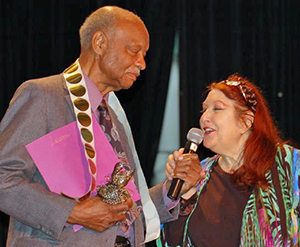 Three Grand Prizes will receive $100 each plus their
poems will be danced and filmed. Many smaller prizes. Each Grand Prize winner will be
invited onstage for photo ops with the dancers and a bow in the
limelight. Three Grand Prizes will receive $100 each plus their
poems will be danced and filmed. Many smaller prizes. Each Grand Prize winner will be
invited onstage for photo ops with the dancers and a bow in the
limelight.
Please look at photos
of our Dancing Poetry Festivals to see the vast diversity of
poetry and dance we present each year. For poetry, we look for
something new and different including new twists to old themes,
different looks at common situations, and innovative concepts for
dynamic, thought-provoking entertainment. We look forward to reading
your submissions. See the
complete contest rules.
|
|
Finishing up your manuscript?
Putting those last touches on your thesis or dissertation? Submitting
application essays to your dream school? These writing projects can
take a lot out of a person. Sometimes the work is so dense and the
topics so subjective that it's difficult to see a clear end in sight.
Don't pull out more hair—give
yourself a break! I'll help ease your typing tension so you can show
that writer's block who's boss. Email Lauren Singer
at SingerLaur@gmail.com
or call 347-675-4877 for professional editing, proofreading, and
general assistance with your current project. I have many years of
experience, a bundle of great references, and am currently a staff
judge at Winning Writers. Let's tackle those big ideas
together!
| |
|
|
As an introvert and a writer,
you feel stretched to choose between the lesser of two evils—marketing
to people who'll most likely criticize you, or putting your writing on
the back burner. Introverts have strengths that make them marketable,
creative, and successful. Forget those people who tell you to change,
to put on a different personality, to dance like a monkey before
crowds. Here is the support to be a writer and remain who you care to
be...genuine.
"Clark's
engaging work offers assistance with everything from blogging to
self-promotion to holding a successful book signing to finding your
authentic voice, all while honoring your deep need for solitude in
which to write."
– Kelly L. Stone, author of Time to Write: No Excuses, No Distractions,
No More Blank Pages
|
|
2016 Rainbow
Awards: First Prize, Best Gay Contemporary Fiction; First Runner-Up,
Debut Gay Book
Named one of
QSpirit's Top LGBTQ Christian Books of 2016
Jendi Reiter's debut novel, Two Natures
(Saddle Road Press), is available from Amazon
and Barnes
& Noble. This genre-bending work couples the ambitious
political analysis of literary fiction with the pleasures of an
unconventional love story.
From a 5-star review on Amazon:
"Two Natures is extremely
well written. Reiter is a poet so it makes sense that the prose is
powerful and profound. This book exceeded my expectations and is such a
necessary piece of work while so many deal with religion and sexuality.
I highly recommend this book—and I am going to buy it for my
children."
|
|
|
Some contests are best suited
to writers at the early stages of their careers. Others are better for
writers with numerous prizes and publications to their credit. Here is
this month's selection of Spotlight Contests for your consideration:
Emerging Writers
Janet
Heidinger Kafka Prize. Prize of $7,500 for a book of fiction
by a US woman, published in the preceding calendar year. Entries may be
a novel, a collection of short stories, or experimental writing. Four
copies must be submitted by publisher. Due February 1.
Advanced Writers
Milton
Kessler Poetry Book Award. Binghamton University will award
$1,000 for the best book of poetry published by a US resident in the
previous calendar year. No translations. Publishers or authors should
send 2 copies of published book plus entry form. Publisher may submit
more than one title for prize consideration. Due February 1.
| |
|
|
·
Fence -
avant-garde poetry, fiction (March 31)
·
Monstering -
female & nonbinary disabled writers (April 1)
|
ProLiteracy,
the largest adult literacy and basic education membership organization
in the nation, believes that a safer, stronger, and more sustainable
society starts with an educated population. For more than 60 years,
ProLiteracy has been working across the globe to create a world where
every person can read and write. Learn
more.
|
|
Advertisers: We send this
newsletter to over 50,000 subscribers. Ads are just $150 each. On a
tight budget? Pressed for time? Advertise to our 81,000 Twitter
followers for just $40 per tweet or less.
"We were
very pleased with the results of our solo blast with Winning Writers. It generated a significant volume of leads for us
at a competitive cost."
-Tom Laverty, Business Development Manager, BookBaby
|
The
Usual Obsessions
Last year I began intermittently journaling about instances of gender
dysphoria or role-switching fantasies in my youth, in hopes of finding
some "always already nonbinary" evidence that would validate
my sense of unease with my embodiment. I quickly became dissatisfied
with this project because there's no way to disentangle the strands of
societal sexism, familial abuse, and genuine queerness that made me
what I am. More to the point, no after-the-fact explanation or identity
label can give me back the years I lost being alienated from my full
gender expression, nor open up possibilities that were permanently
foreclosed by my childhood development. [read
more]
| |
|
|
|
|

|
|
|
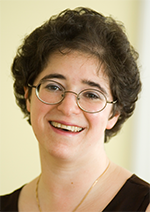

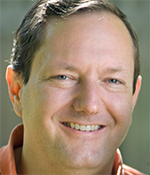

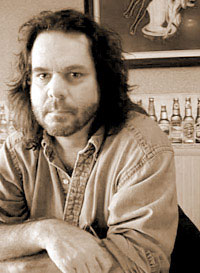

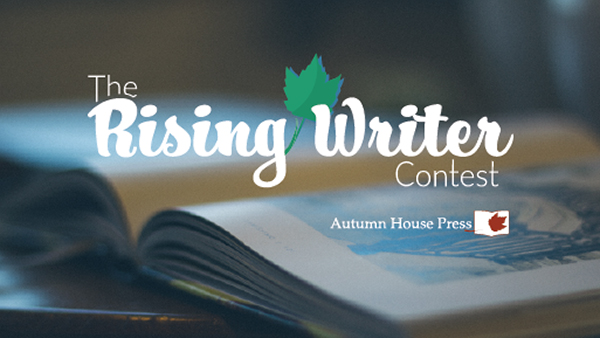

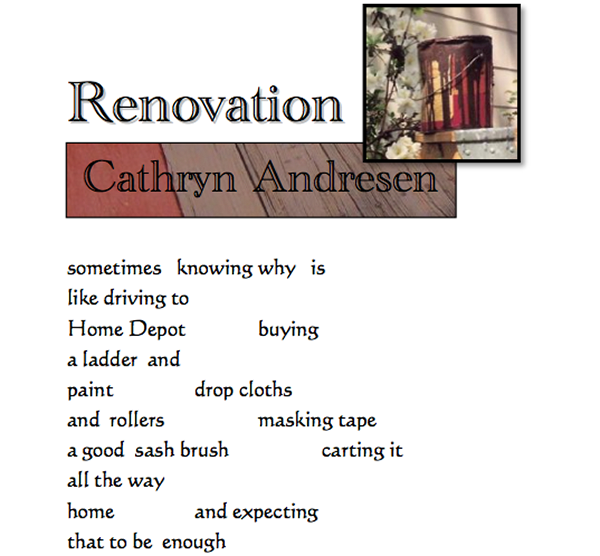
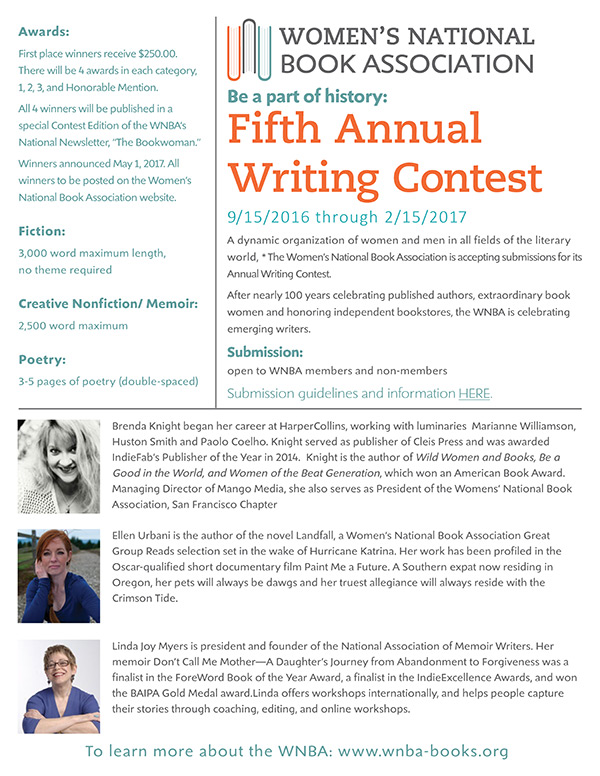
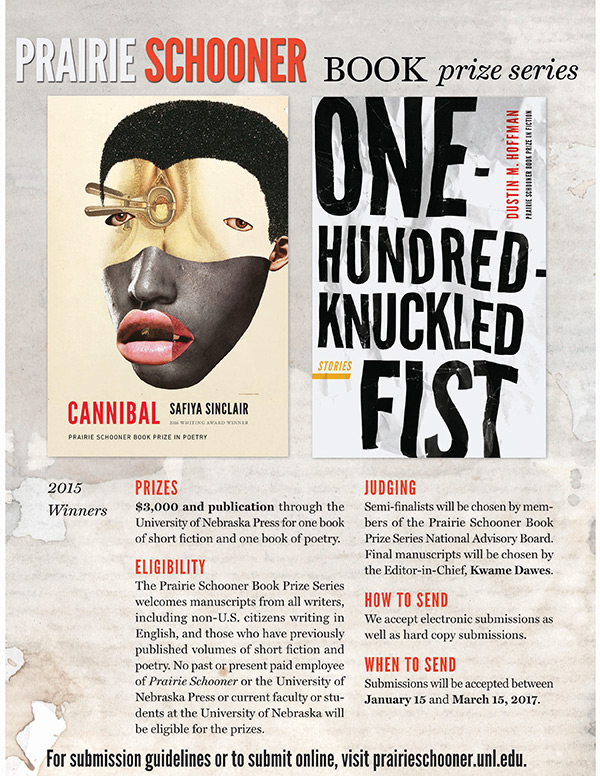
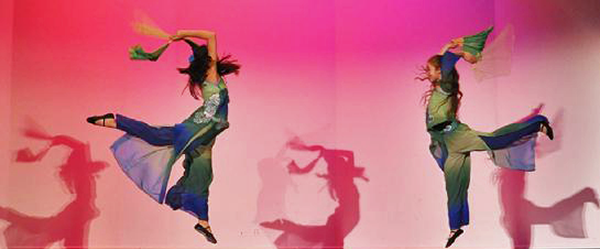

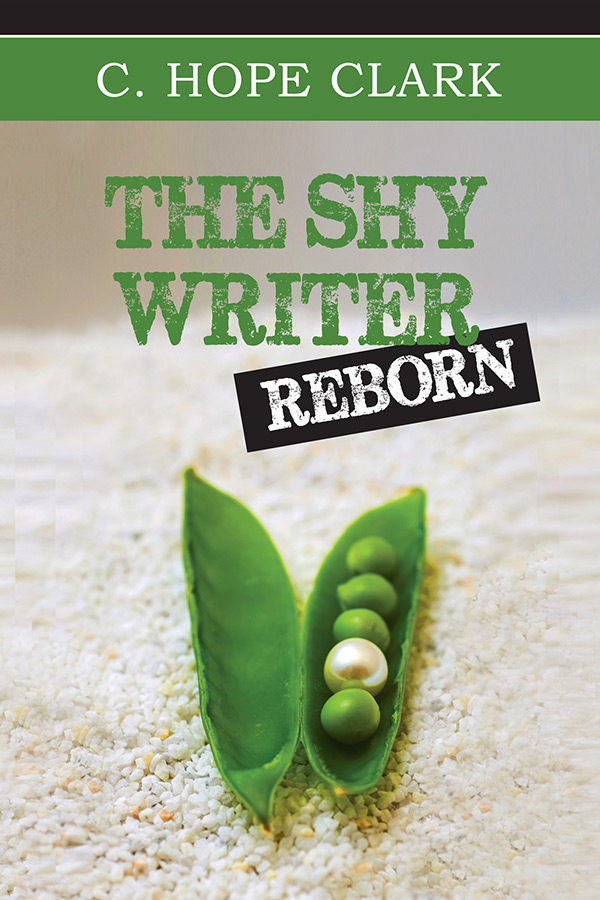
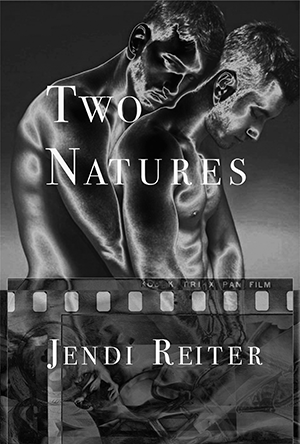
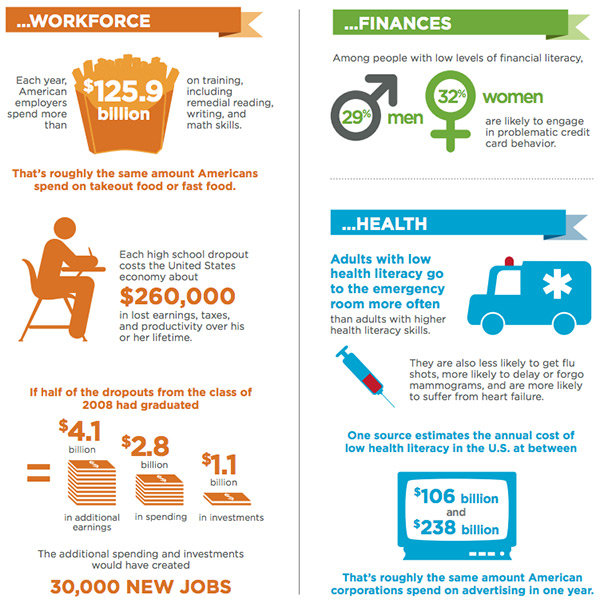

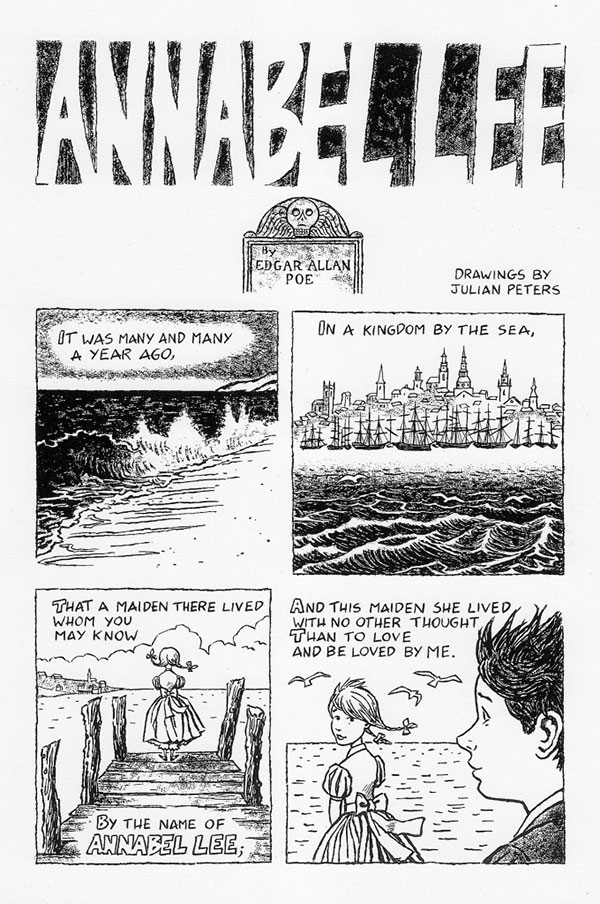
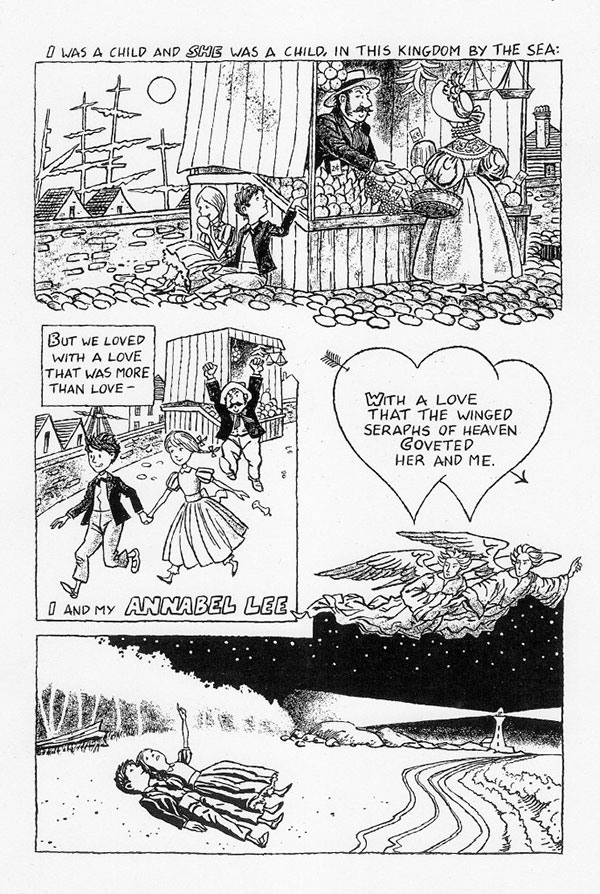
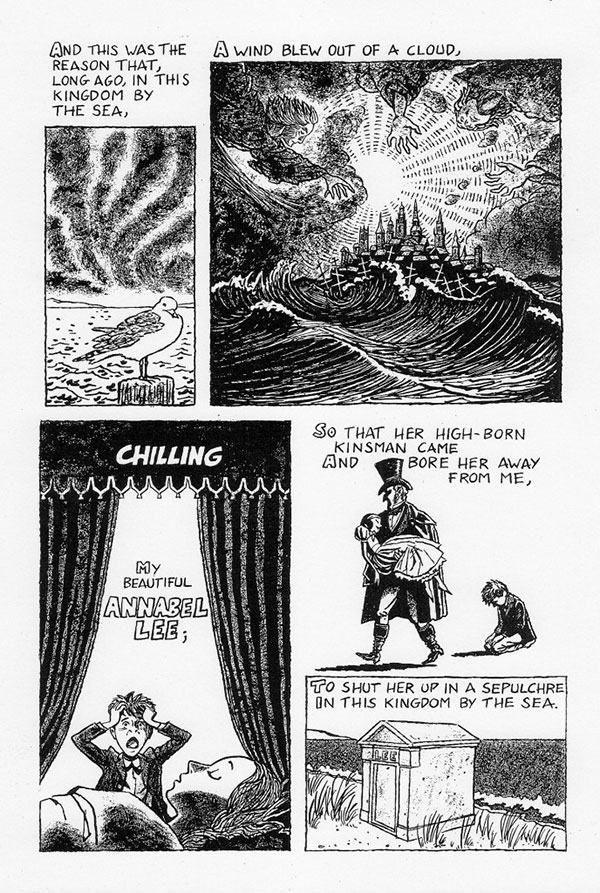
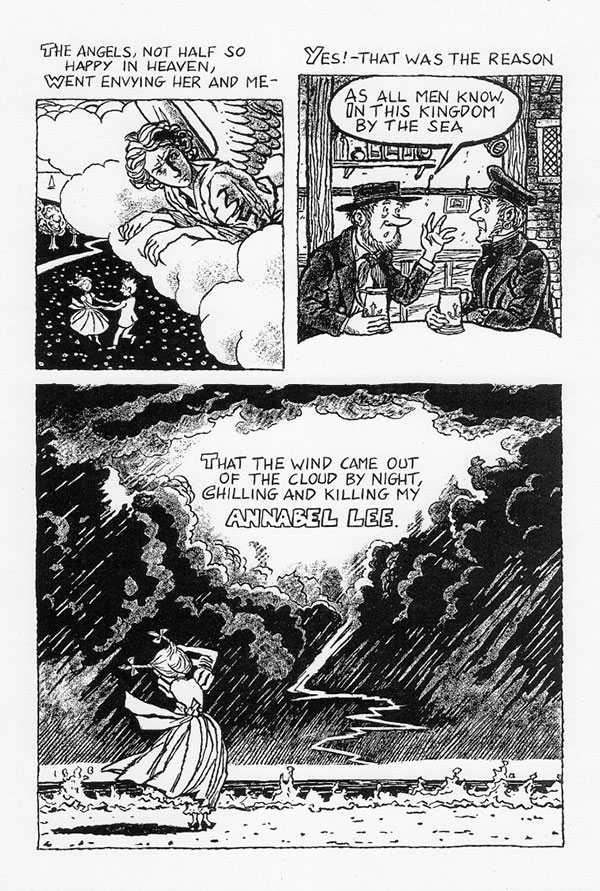
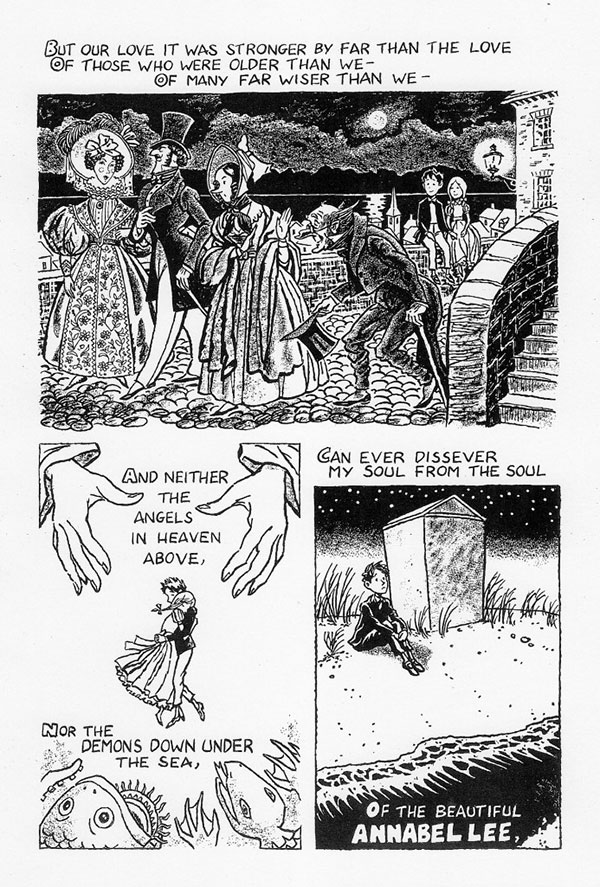
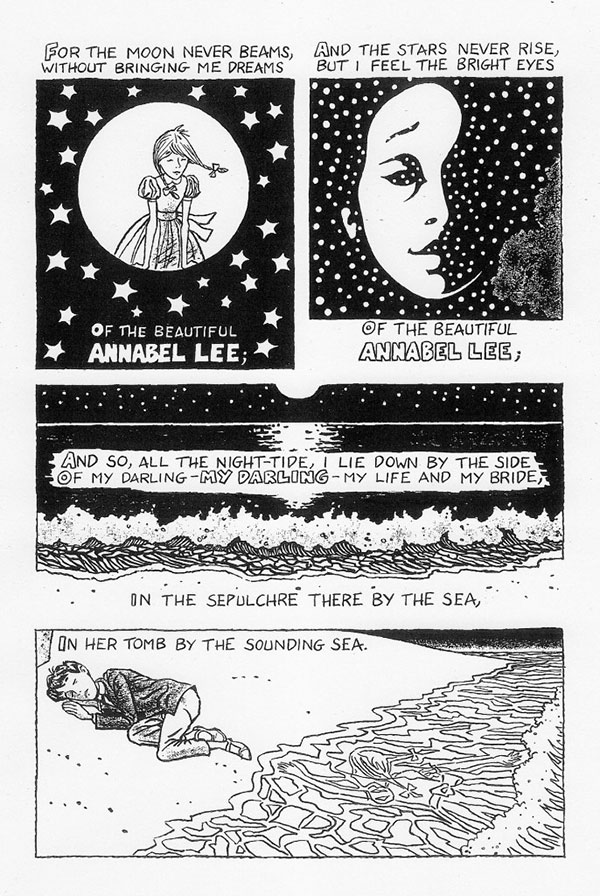
No comments:
Post a Comment